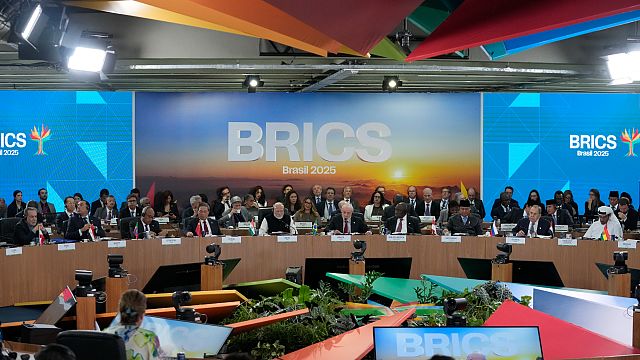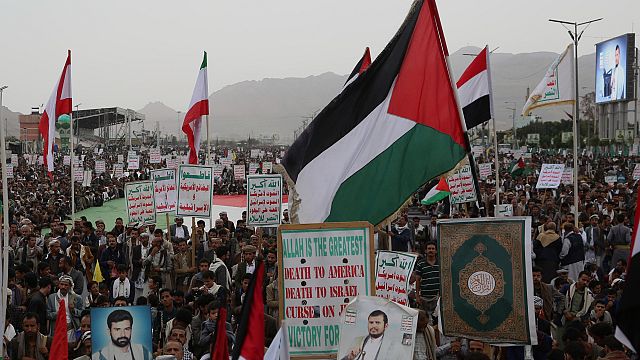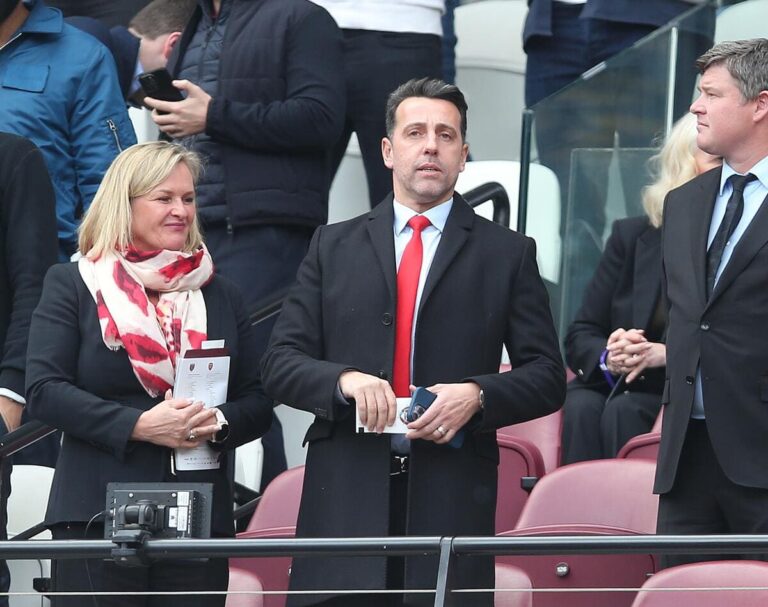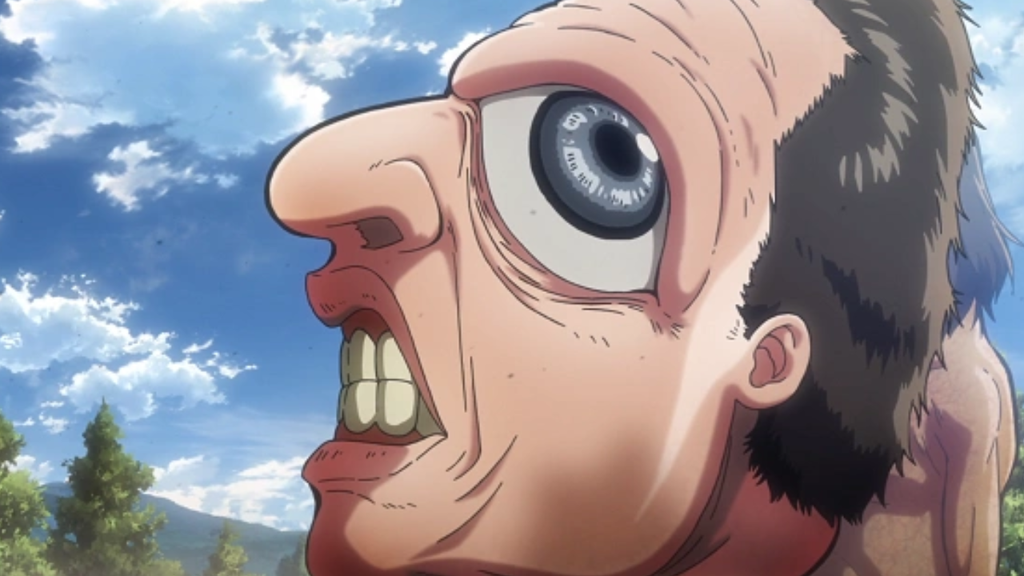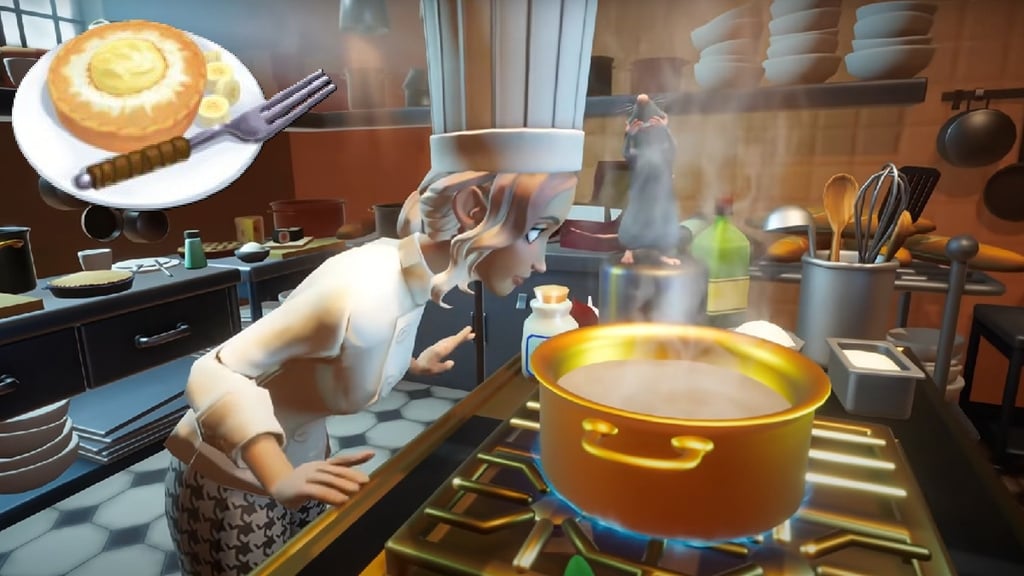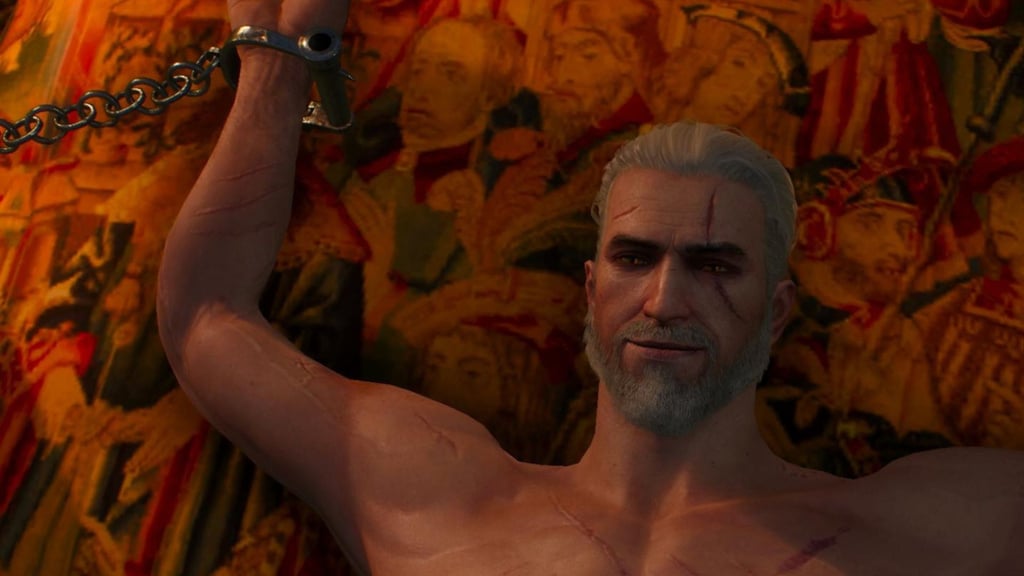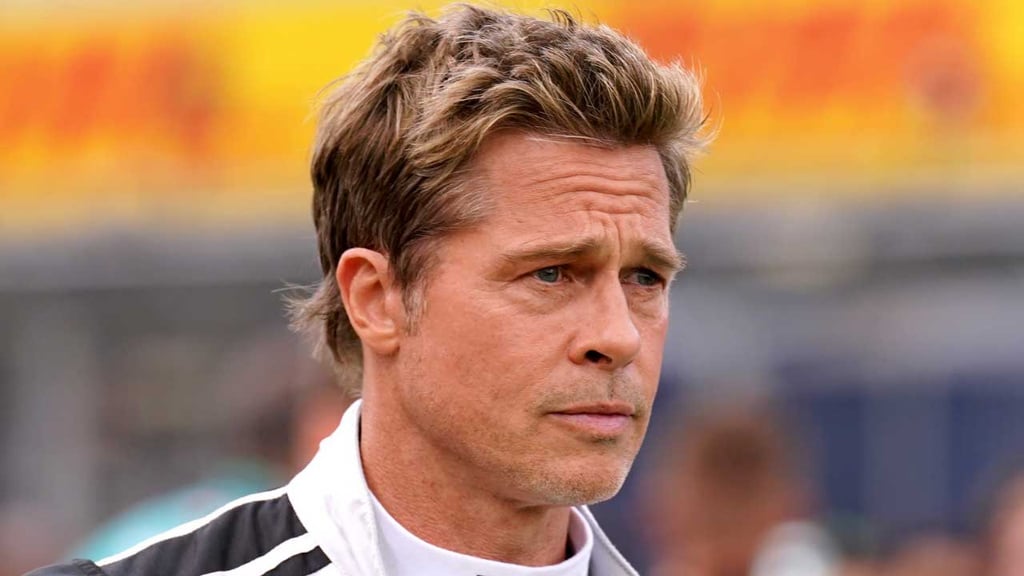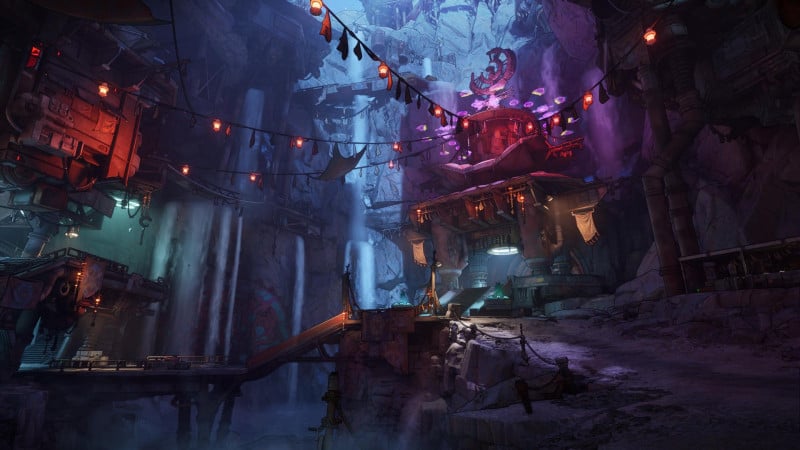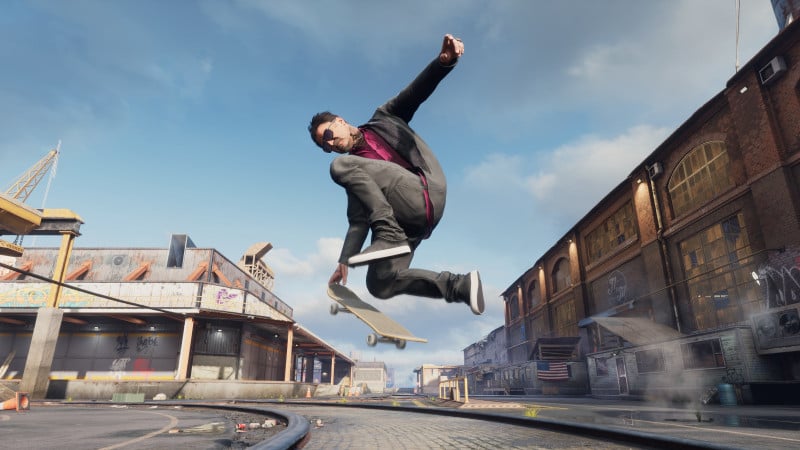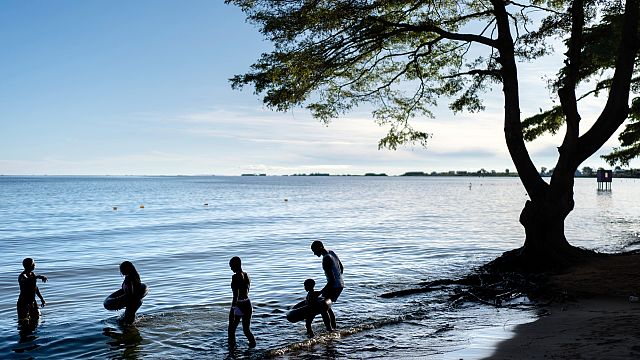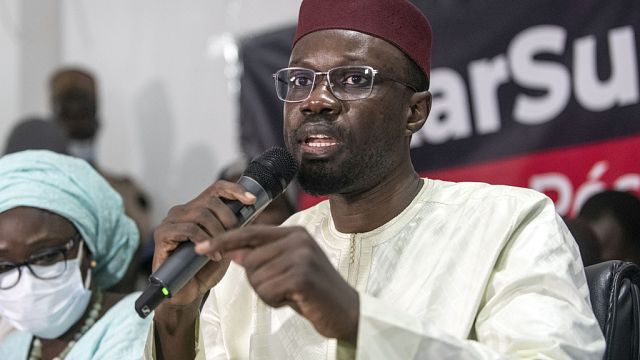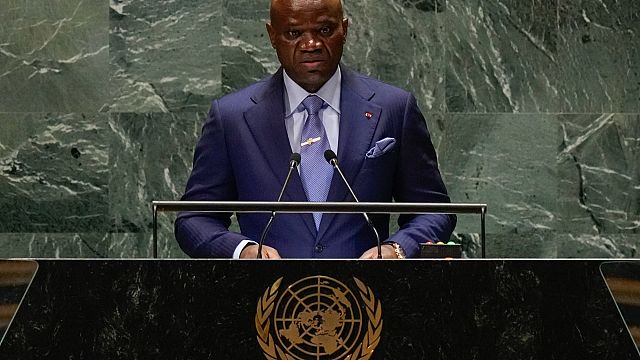Trump Makes False Genocide Claims. South Africans Respond With Humor.


Mandla Dube, a South African filmmaker, fled his farm three years ago after being attacked by armed robbers.
He was living outside Pretoria, South Africa’s administrative capital, when about eight armed men stormed his house one night, he said. The robbers pointed a gun at him, tied him up for six hours and stole his valuables. He begged them not to harm his adult son.
Mr. Dube remembered the episode as he watched President Trump lecture South Africa’s president about the persecution of white farmers from the Oval Office on Wednesday. The story didn’t resonate, however. Mr. Dube is Black, and his experience was nowhere in Mr. Trump’s vision of South Africa.
“You’re like, ‘No, that’s not true,’” Mr. Dube said, referring to Mr. Trump’s statements. “It just makes you go, ‘Geez, how about some of us who’ve been attacked, who haven’t left this country and who are still here?’”
Ever since Mr. Trump announced in February that he would create an expedited path for white South Africans to resettle in the United States as “refugees,” Black South Africans in the country have responded with a mix of anger, disbelief and humor.
After living through decades of brutal apartheid, they say, watching the Trump administration cast Afrikaners — the white descendants of the colonizers responsible for that system — as victims has been infuriating.
And sometimes, hilarious.
“They came with nothing, they took everything and then with the smallest inconvenience they leave home,” Troy Malange joked on TikTok, referring to the 59 white South Africans who recently relocated to the United States as part of Mr. Trump’s refugee program.
Mr. Malange described humor as a necessary distraction from the grinding poverty and violent crime still endured by many Black South Africans. “We’ll dance and laugh our troubles away,” he said.
President Cyril Ramaphosa had planned to use his meeting in the White House to address his country’s ailing economy and the value of bilateral trade with the United States. The leader of the African National Congress, the party that has led South Africa since the fall of apartheid, he is respected as a skilled negotiator and veteran statesman.
Mr. Ramaphosa negotiated on behalf of Nelson Mandela’s African National Congress to draw up the terms for the end of apartheid in the 1990s. But in the White House with Mr. Trump, his words seemed to carry less weight than those of the championship golfers he brought with him to help impress the American president.
Despite Mr. Ramaphosa’s attempts to steer the conversation back to trade, Mr. Trump continued to make false claims of genocide, at one point describing white farmers getting “their heads chopped off.”
Verashni Pillay, a political commentator in South Africa, saw the meeting between the two leaders as political theater with little substance. “So much about this administration is not about facts,” she said, referring to Mr. Trump.
“Trump was just ranting, and if Ramaphosa had asked which farmers have had their heads chopped off, it would have descended into what we saw with Volodymyr Zelensky,” she said, referring to the president of Ukraine, who received a similar treatment in the Oval Office.
South Africa has one of the highest murder rates in the world, and white farmers have been killed in vicious acts of violence in the country. But police data does not support evidence of genocide or the idea that white farmers are more likely to be targeted than any other group.
When Mr. Trump first announced the refugee program, some South Africans reacted with displays of solidarity, posting videos of multicultural weddings, dance parties and instances of Black and white South Africans getting along.
But when Afrikaners began to take a serious interest in Mr. Trump’s refugee program, the biting remarks were unleashed.
“I’m surprised that Afrikaners are OK with being called refugees, they are quite a proud people,” said Adelaide Xaba, a retired teacher who lives in Johannesburg. “I’d like to get a glimpse into their lives and get a sense of this fear that has driven them out of a country where they live like kings and queens.”
Many of the jokes stem from the idea that most Afrikaners are used to a life of privilege in South Africa, one that is often made possible by Black workers. The jokes are meant to acknowledge that while some white South Africans may not enjoy the wealth they had under apartheid, they are still usually much better off than their Black counterparts.
“I’m even shocked that white people are really leaving, considering they live better than all of us,” said Edwin Jacobs, a taxi driver in Johannesburg who belongs to a Black ethnic minority. “I heard the refugee offer is for all minorities,” he said with a laugh. “I should check, maybe I qualify.”
What's Your Reaction?
 Like
0
Like
0
 Dislike
0
Dislike
0
 Love
0
Love
0
 Funny
0
Funny
0
 Angry
0
Angry
0
 Sad
0
Sad
0
 Wow
0
Wow
0
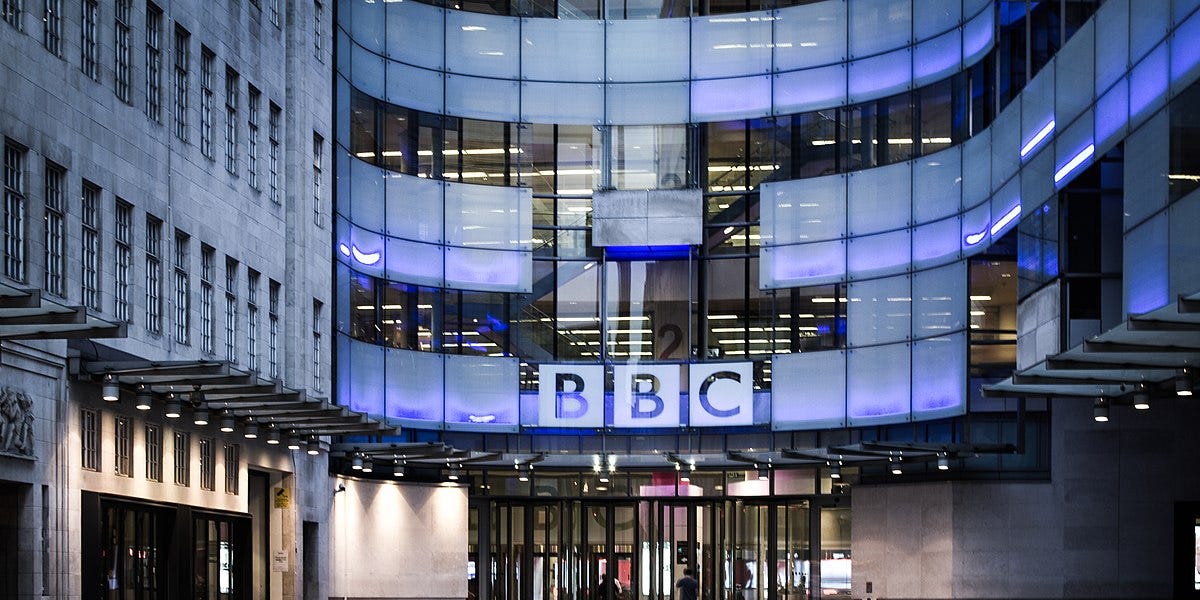

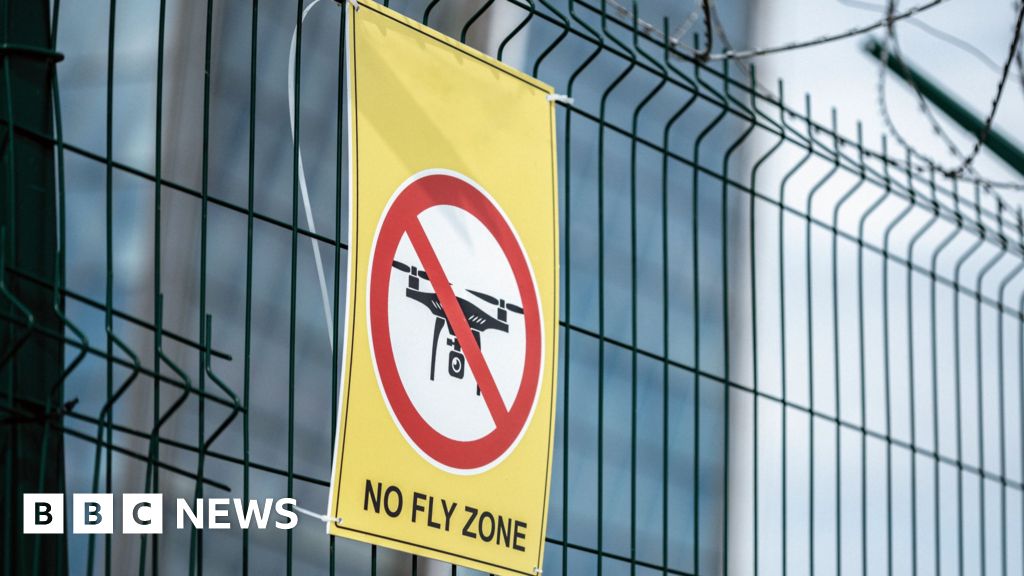

![Kenya : la rue réclame la démission du président Ruto [Africanews Today]](http://static.euronews.com/articles/stories/09/35/98/44/640x360_cmsv2_243b313e-c311-5f0c-a360-9c99f74e79bd-9359844.jpg?1751890233#)

